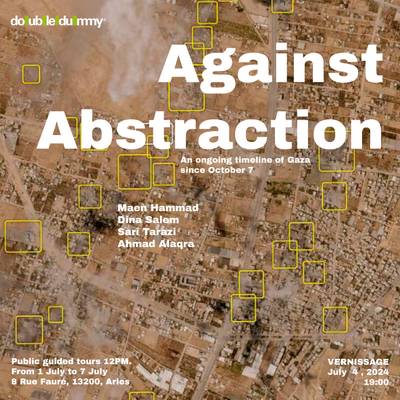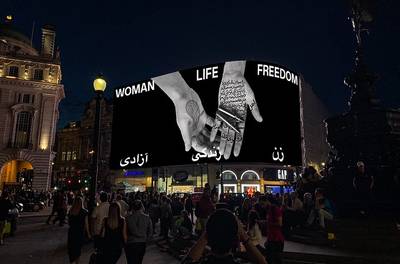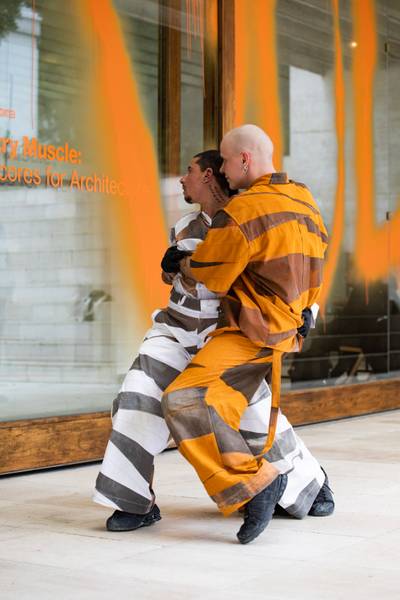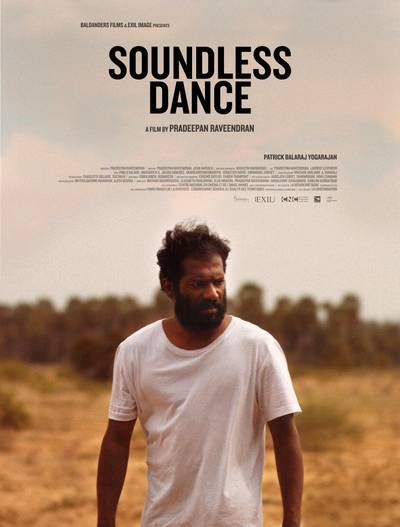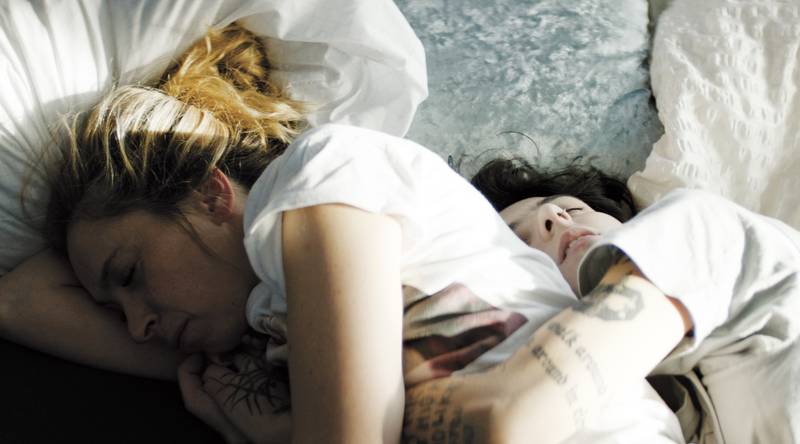

Amanda Hunt is a performing artist newly residing in Helsinki. They are currently pursuing an MA at UniArts Helsinki in the Live Art and Performance Studies Program. Previous engagements have included living and working as an artist in Dublin, Ireland, as well as NYC, where they performed on streets, beaches, piers, as well as in galleries, museums and theater spaces. They also ran a DIY space for performance art that they built out inside of an old auto body mechanic shop in Brooklyn NY, called Parallel Performance Space.
Bliss | Directed by Henrika Kull | Duration: 1 hr 31 min | Language: German
‘Bliss’ (2021), written and directed by Henrika Kull, stars Adam Hoya and Katharina Behrens. The film follows a relationship between Maria (Hoya) and Sacsha (Behrens), two women who meet each other while employed as sex workers in the same brothel in Berlin. Maria, an Italian twenty-something, has tattoos, writes feminist poetry, and is keen on making as much money as possible, something she reassures her father about repeatedly on the phone. Sascha, a German woman in her forties, is the more experienced sex worker of the two. She often travels back to her provincial hometown of Brandenburg to visit her son, who lives with his father. Their relationship builds around and between their work, with scenes of them lining up alongside the other women to be reviewed by their male clients for selection, contrasted by a quick scene cut to them ducking into hallways or showers in the brothel to make love. They spend time together browsing around fish supply stores, reading each other’s poetry, or lying in bed telling each other stories of their past. They eventually travel to Brandenburg together, where a collision of worlds and pasts brings out tension between them. Maria leaves Berlin for a while, as Sacsha steps away from sex work momentarily. Their eventual reunion affirms their romance, wrapping up the film.
With a light touch, Kull’s work guides us through a classic romance, from its sweet beginnings, to first fights, to making up, and finding ways to stay with love for one another. Sacsha navigates her complicated relationship to the newfound happiness she has with Maria. Throughout the film, and especially culminating in their trip to Brandenburg, Sacsha grapples with her ability to let love fully in. Is it easier to manage on one’s own than to risk falling in love, risking vulnerability, and heartbreak? In Brandenburg, under a tent at an outside party, she dances drunkenly to the techno song “Do you think you’re better off alone?”. Self-reflexive struggle with this question continues to surface as we see Maria foil Sacsha’s internal turmoil. Maria does nothing but love her, hold space for her, and, at times, walk away when the mental angst that Sacsha is going through starts to drag her in. This effective illustration demonstrates how even when we pursue love and relationships with other people, we are still left to deal with ourselves. We are still left to pick up our own pieces, in some sense, to be able to fully love someone else. Sometimes being together looks more like being alone together. This is the enduring question of the film: to choose vulnerability, to be loved and seen, or to choose protection, to go one’s own way.
Their love, its tenderness, exists both in relation to and outside of the brothel. This choice is distinct; their relationship does not play protagonist to an antagonistic brothel, with one entity being the assumed ‘hero’ and the other ‘the villain’. In fact, their love grows because of their proximity to the workplace and the relationship built through their work. The site, the relationship, and the women employed there avoid the usual pitfalls of either victimization or over-the-top glorification, allowing for more dynamic character and scenic development. This choice, the ability for a caring and normal relationship between two femme women sex workers, both from a working class background, to be cultivated here, is the triumph of this film. With its simple yet unwavering eye, the film normalizes sex work and sex workers’ intimate lives without telling the viewer it is doing so. It enables the simple proposition—a classic romantic story line—to take place in an unconventional setting and through a queer relationship.
Though the stereotype of a woman leaving her boyfriend to ‘become a lesbian’ is fulfilled (we see Sacsha with her boyfriend in the opening scenes), the film does not at least draw on other lesbian stereotypes. Their physical intimacy does not feel catered towards the male gaze. The cinematography does not obsess about certain body parts being in view, and the ways in which they have sex do not feel like they are in pursuit of reproducing heteronormativity, nor does it feel like there is speculation on display about what lesbian sex might be. It is worth noting that we still do not have enough Dyke/Lesbian/AFAB sex/intimacy on screen that feels real, and not fetishizing or just plain anatomically incorrect. The small sigh of relief produced when a fairly accurate portrayal is not to be taken lightly.
The brothel, neither glorified nor shunned, is portrayed with as much regularity as an office might be. There is chitchat among the employees in the waiting room, jokes are exchanged while waiting in line for their male clientele selection, and no sex worker displays a sense of shame or concealment about their work. Scenes take their time, and equal attention is paid towards the scenes showing them engaged in their work, engaged in sex, as well as their leisurely time and kinship with one another. With neither a flinching eye towards the work in action nor avoiding the bonds made amongst the women between their sessions, the gaze sweeps the mise-en-scene with a democratic gaze.
Kull’s directorial tone becomes the sinew gently holding together the themes characterized in this film. While we immediately understand the politics of this work—sex work is work, sex workers who are women are people and deserve a just and fair life, two femmes can be in love, etc.—we are not preached to. It is in this space of not doing this, but instead offering this world with flexible edges, that soft politics enters, through the back door. Slowly and rhythmically, we are rocked into a state of pleasure, allowing these politics to simmer, playing as a backdrop as a supple love story unfolds. A love story between two people dealing intimately with identity and vulnerability. By approaching the material with this tone, Kull gives the characters, and those they might represent, agency and autonomy to grapple with the foundations of the human condition.
